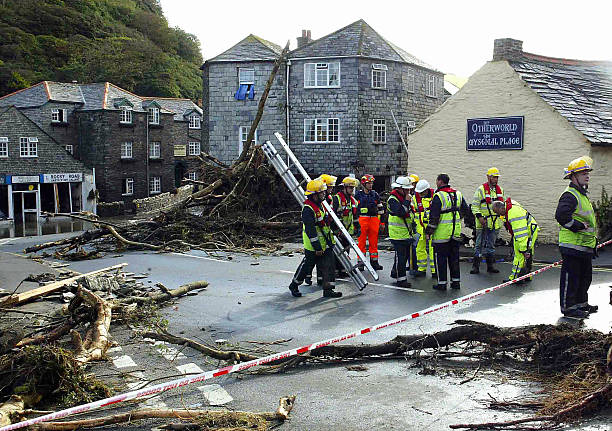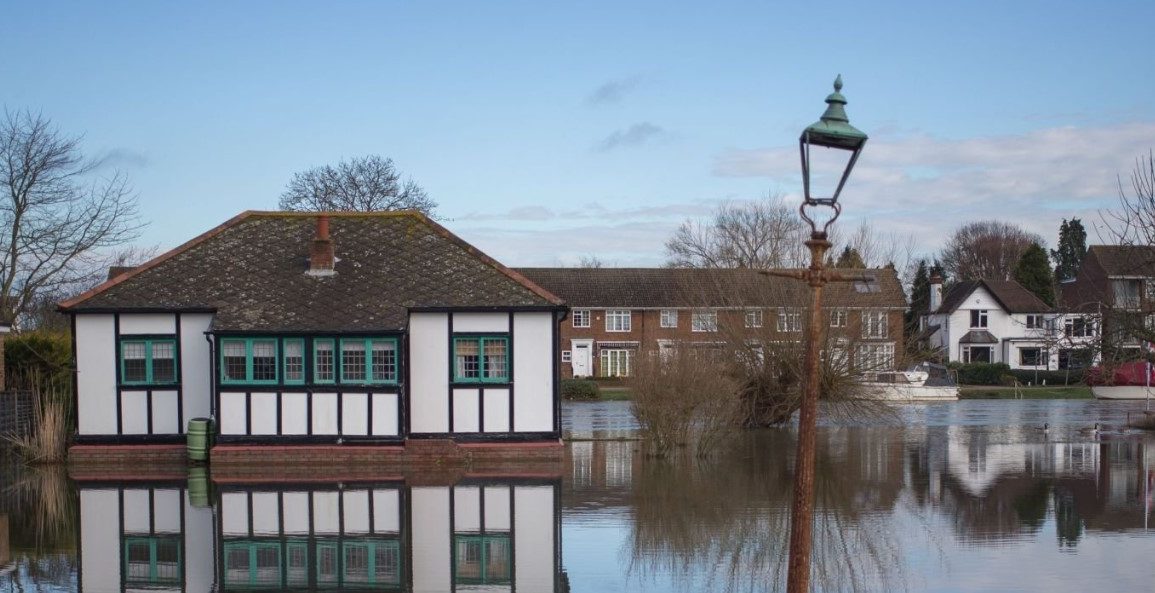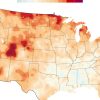As climate change intensifies, the inadequacies of England’s flood compensation scheme are coming under increasing scrutiny.
Nearly 80% of businesses in some flood-affected areas have been denied support, highlighting a troubling lack of assistance for victims in the wake of severe weather events.
Recent heavy rains wreaked havoc across England and Wales, exacerbating the situation for communities already battered by storms.
In Calderdale, West Yorkshire, only 17% of businesses received government aid following Storm Ciara in 2020, despite extensive damage.
This stark reality reveals the opaque and inconsistent nature of the government’s Property Flood Resilience (PFR) scheme, which offers grants of up to £5,000 to aid recovery and bolster defenses against future flooding.

Campaigners and experts, including Tracey Garrett from the National Flood Forum, are calling for a comprehensive overhaul of the scheme.
The complex rules governing grant distribution have led to significant disparities across regions.
While areas like Tunbridge Wells report a 100% success rate for applicants, others, such as Telford and Wrekin, saw only half of applicants receiving help. In Calderdale, just 48% of applicants found relief, with only 33 of 194 businesses receiving any funding.
Personal stories highlight the emotional toll of inadequate support. Lynn Shortt, a flood victim from Norfolk, expressed frustration after her home flooded in 2020 and again last year.
Despite spending £28,000 on repairs using her nursing home savings, she received no assistance from the PFR scheme, underscoring the urgent need for clear governance and accessible support for flood-affected communities.
As the government prepares to launch a flood resilience task force, the necessity for immediate reform in flood compensation is critical to protect vulnerable communities and ensure effective recovery in the face of escalating climate challenges.

